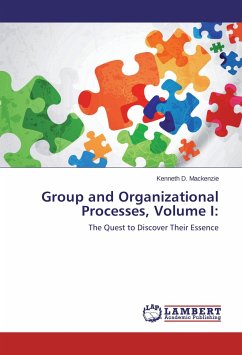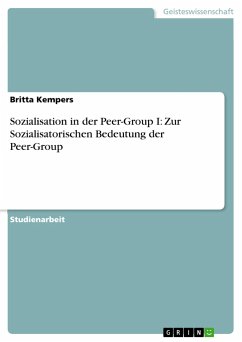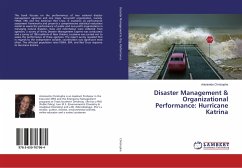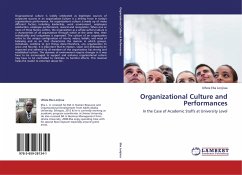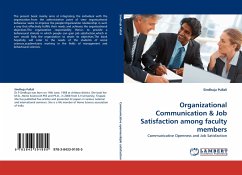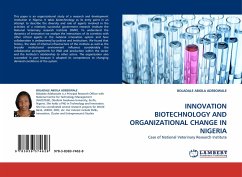The many group and organizational sciences share an underlying concept called a process. Processes are widely used but poorly understood. Processes describe how behavior occurs over time. The resulting process representation can be used as an explanation which then can be tested. Process representations range from mathematical models to metaphors. This book is the story of my quest to discover their essence and then to formulate a common means of representing group and organizational processes. The result is interesting, challenging, elegant, and beautiful. This book explains why the quest is important. The book contains the derivation of a working common representation of group and organizational processes. It derives many properties, including their extension to mathematical functions. There is a chapter explaining why strong inference is preferred over mathematical statistics in formulating and testing them. There is a chapter explaining how to find, formulate, and test them. Special attention is drawn to task processes, which have proven useful in organizational design and development. This is Volume One of a two-volume set. Volume Two is devoted to organizational applications.

